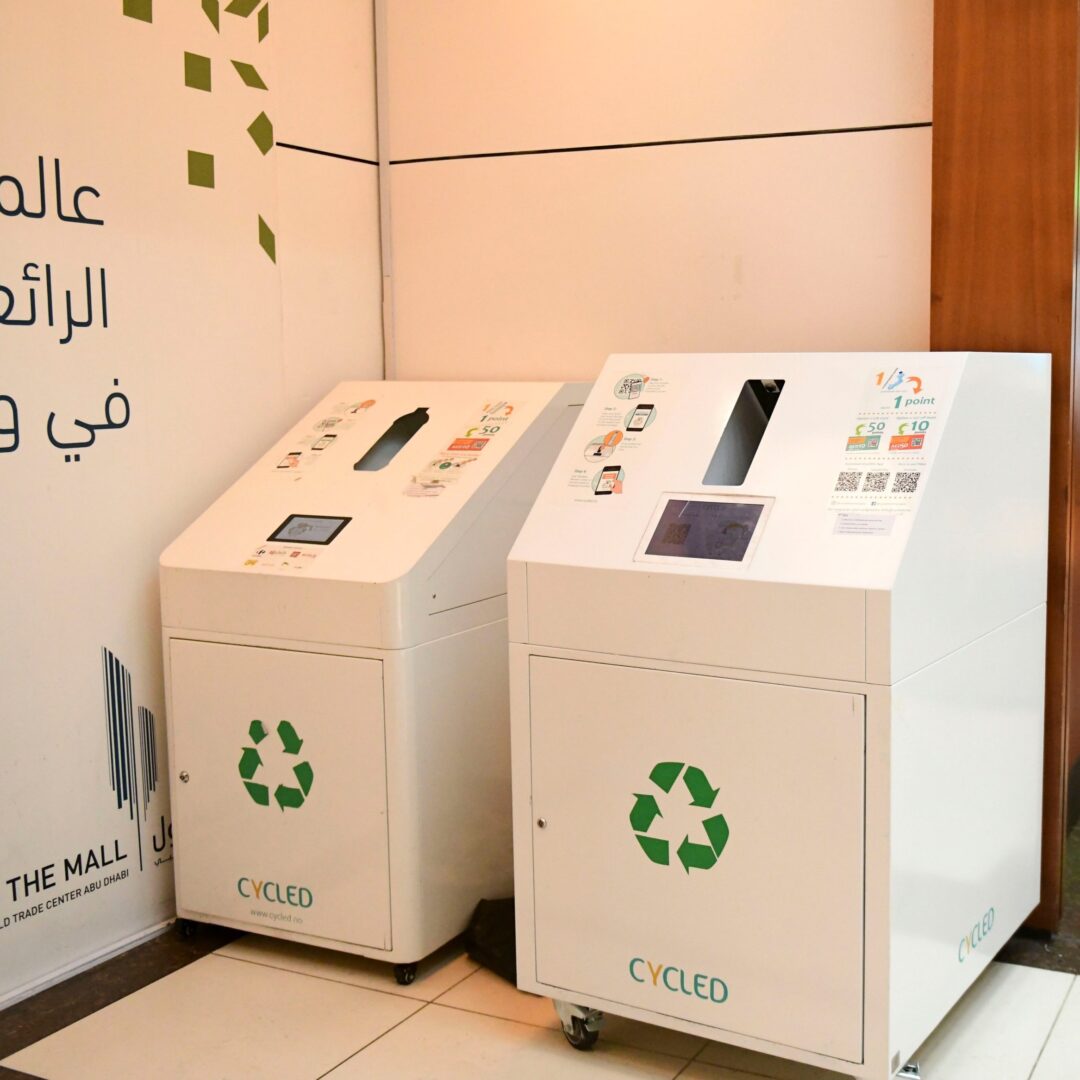The Future of Plastic Recycling in Dubai: Trends and Predictions

The UAE, specifically Dubai, has been known for its lavish lifestyle, towering skyscrapers, and innovative infrastructure. However, this development has come at a cost, with the amount of plastic waste generated increasing significantly in the past few years. With a growing awareness of the importance of sustainability and the urgent need to address environmental concerns, Dubai is taking steps towards a more circular economy, and plastic recycling is at the forefront of this transition.
Current State of Plastic Recycling in Dubai
With the UAE’s Vision 2031 plan to build a sustainable environment, Dubai has increased its focus on recycling and waste reduction. Today, there are numerous recycling facilities in Dubai, with the Dubai Municipality operating over 20 facilities alone.
Moreover, the UAE has set a target of diverting 75% of its municipal solid waste from landfills by 2025. To achieve this goal, Dubai has implemented various initiatives, such as the Dubai Green Agenda, which aims to increase the percentage of waste recycled and reused in the city.
Trends in Plastic Recycling
One of the most significant trends in plastic recycling is the shift towards a circular economy, where waste is minimized, and materials are reused or recycled. Dubai has already begun to implement this strategy, with the Dubai Industrial Strategy 2030 promoting the development of sustainable industries, including recycling and waste management.
Another trend is the adoption of advanced technologies to improve the efficiency and effectiveness of plastic recycling. For instance, Dubai-based start-up, Mura, has developed a groundbreaking technology that can recycle all types of plastic waste without the need for sorting. The technology uses microwave technology to break down the plastic waste into its molecular components, which can then be used to create new products.
Predictions for the Future
The future of plastic recycling in Dubai looks promising, with the city committed to building a sustainable future. The Dubai Industrial Strategy 2030 outlines several goals to achieve this, including increasing the percentage of waste that is recycled or reused, promoting the use of sustainable materials, and investing in waste management and recycling infrastructure.
Moreover, the UAE is also planning to implement a nationwide plastic waste management strategy, which includes measures such as reducing plastic consumption, promoting recycling, and imposing fines for littering. This strategy is expected to significantly reduce plastic waste in the country, creating a more sustainable and environmentally friendly future.
Conclusion
Dubai’s focus on plastic recycling and waste reduction is a vital step towards building a sustainable future. With the UAE’s Vision 2031 plan and initiatives like the Dubai Green Agenda, the city is actively working to increase the percentage of waste recycled and reused. The adoption of advanced technologies, such as Mura’s innovative recycling process, further enhances the efficiency of plastic recycling in Dubai. Looking ahead, the Dubai Industrial Strategy 2030 and the planned nationwide plastic waste management strategy indicate a promising future for plastic recycling in the UAE, paving the way for a more sustainable and environmentally friendly society. By prioritizing recycling and embracing the principles of the circular economy, Dubai is taking significant strides towards addressing environmental concerns and promoting a greener lifestyle for its residents and visitors. Take a pledge today
